Self-driving car from Google's Waymo company runs over dog
By DPA | 11 June 2023
SAN FRANCISCO: In a rare accident involving a self-driving car, a vehicle from Google's sister company Waymo killed a dog that ran into the road in front of it.
The car was driving autonomously here with an employee in the driver's seat, according to Waymo's report to the California Transportation Authority.
The accident occurred at a critical moment for the technology, with Waymo and General Motors subsidiary Cruise currently building autonomous taxi services here, despite opposition.
Waymo stressed in a statement to the website Ars Technica on Wednesday that the software had correctly recognised the dog in the May accident, which had run into oncoming traffic from behind a parked car.
However, Waymo's system was not able to prevent an accident in time. Waymo told the tech news website TechCrunch that neither the software nor the human at the wheel had braked.
One of the reasons for this was that the dog was running fast. A later computer simulation confirmed that the collision was unavoidable.
A central argument in the industry for robot cars is that they are safer than cars where humans are driving, even if not immune to accidents.
In San Francisco, both Waymo and Cruise have begun dispatching their autonomous cars onto streets without a safety driver, and residents have complained that the vehicles sometimes block roads when malfunctioning.
The SFMTA public transport authority also criticised that the cars made bus and tram operation difficult. Cruise updated its software a few weeks ago after a collision with a public bus.
The only known fatal accident involving a self-driving car so far occurred in 2018, when a car from ride-hailing company Uber hit a woman crossing the street during an evening test drive.
She was pushing a bicycle with plastic bags on the handlebars next to her - and the situation overwhelmed the Uber software, which at first couldn't understand what it was dealing with. Uber cancelled its own development of self-driving cars at the end of 2020.
Tags
Autos News
Reviews
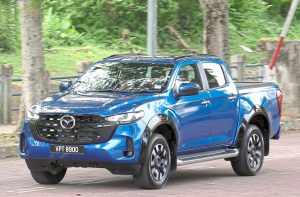
8.1
Mazda BT-50 High Plus: Big and bold
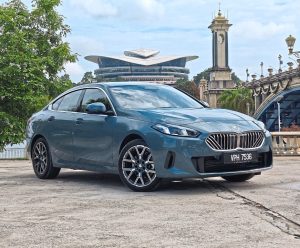
7.2
BMW 218 Gran Coupe Sport: First step into the next level
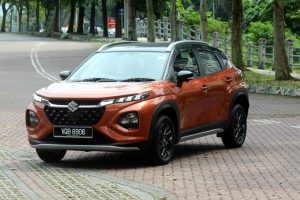
7.5
Suzuki Fronx: Cute city slicker
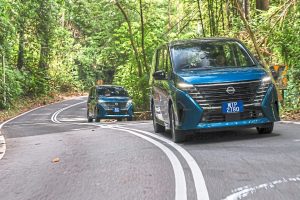
Nissan Serena e-Power: Big easy in the city
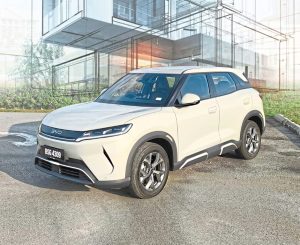
8.2
BYD Atto 2: Urban by nature

2026 Proton Saga: Right gear for the job

7.6
Honda Africa Twin Adventure Sports ES: Rugged refinement
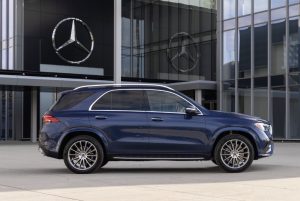
Edmunds tests BMW X5 and Mercedes GLE: Which is the better P...
Videos

BYD Atto2's rotating centre display

Free & Easy Media Test: Latest Proton X50 Flagship to Kuanta...

Zeekr Space Sunway City Video
